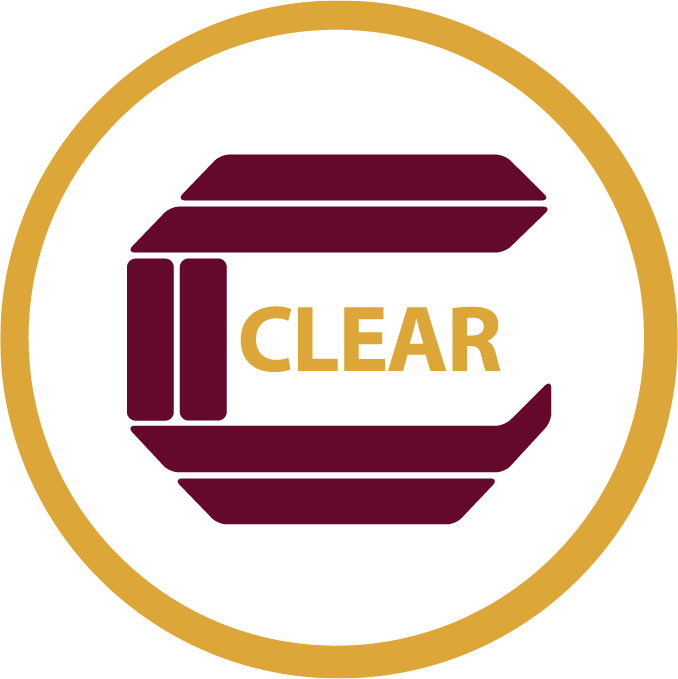Issue Brief on state approaches to universal licensing recognition
This issue brief compares legislation in 22 states and outlines five key differences in state approaches to universal licensing recognition: residency requirements, the “substantially similar” versus “scope of practice” standard, experience mandates for both licensed and unlicensed workers, examination requirements, and the extent of occupation restrictions. In eight states, applicants for universal license recognition must first become residents of the state. Thirteen states require that the licenses or requirements be "substantially similar/equivalent" to requirements in their state, and nine states have a similar scope of practice standard. Fourteen states have experience requirements for out-of-state applicants, typically including practice for a certain number of years. Thirteen stats require passing an exam specific to their state's laws. Fourteen states exclude certain occupations from ULR, mainly medical professionals, engineers, and teachers. The article also discusses the benefits experienced by states that pass ULR laws.
